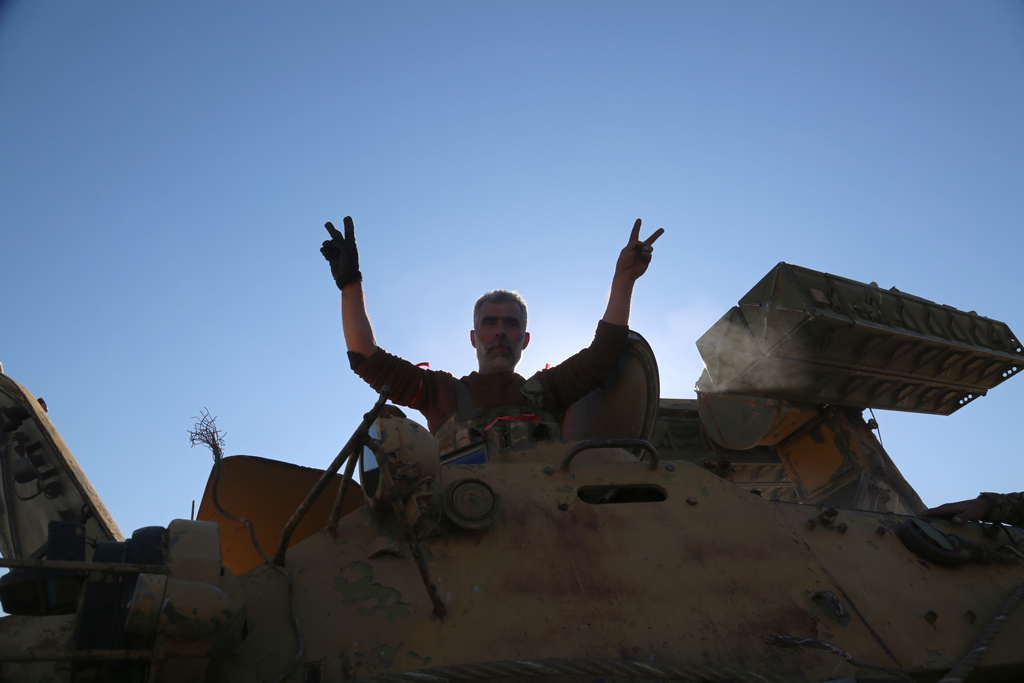There is much talk about political Islam and its future these days. The ascendancy of political movements with clear Islamic agendas is being watched closely from Egypt and Lebanon to North Africa.
While many see Islamic political parties as a threat to democracy and human rights, some are saying it's time to talk to them. What is the point in political dialogue and engagement if we are willing to talk only to those we consider to be the good guys? This is a point of contention in all dialogue initiatives. Islamic political movements are seen with suspicion because their charts, agendas and political statements reinforce the perception that once they come to power, they will change the system and turn it into an oppressive and authoritarian regime. Do the Islamists provide convincing arguments to the contrary? This is a question they have to answer.
The problem is that many analysts, including the Islamists themselves, miss the fact that Islamic political parties, just like other political movements, will be tested more on grounds of issues and services than on ideology. Yes, identity politics plays a role. A new political imagination is key for social mobilization. Political activism thrives on responsible policies. But none of these by itself is sufficient or has much meaning. When it comes to the ballot box, where the will of the people shows up, it is services, good governance, economy, health, education, infrastructure, development, rule of law and transparency that matter.
The failure of authoritarian Arab regimes, supported by Western powers, is as much a failure of political ideology as it is a failure of good governance and services. Ordinary people are not in the game of world visions, global systems, international orders or power balances. They go by the practical wisdom of life, and much of it is grounded in meeting simple needs in simple ways. In other words, the debate about political Islam cannot just be about what a particular Islamist group says or does concerning grand political and ideological issues.
I witnessed a good example of this at a major social event in London this week. The event, called Islam Expo, was organized by British Muslims in cooperation with a number of other British institutions. While we were discussing the future of political Islam on the sidelines, thousands of Muslims of various ethnic and cultural backgrounds were flocking to the event itself. Of course, they were not coming to listen to what the "experts" had to say about this party or that country or issue. They were coming to treat themselves and their families to all sorts of "worldly" things, including cooking contests, art exhibitions, graffiti lessons, face painting, sports events, concerts, theaters, poetry recitations, bank loans, real estate presentations and numerous other things.
They were "political" to the extent to which any of these things was political. They were the real events of the day, not the expert talks. This is an example from a European capital. Are things any different in Muslim capitals? How about the countryside? The desert? The high-tech cities of the Gulf?
Political Islam was a reaction to the aggressive expansionism of modernity and the rapid decline of political power in Muslim lands. Its ideological mindset was shaped by a desire to seek and gain political power. Its main target was to take over the state. But the nation-state turned out to be the curse of all political parties in the 20th century. Leftist, nationalist, liberal or Islamist, all political movements had to deal with the problem of the nation-state, what kind of a narrow social imagery it presented and how it attempted to obfuscate and kill the creative energy of the individual and the community in the name of protecting the state. Those who sought to take over the nation-state and sit on it failed miserably in terms of both political vision and good services. The modern nation-state remains the central problem of all political movements and social activism in the Muslim world and








